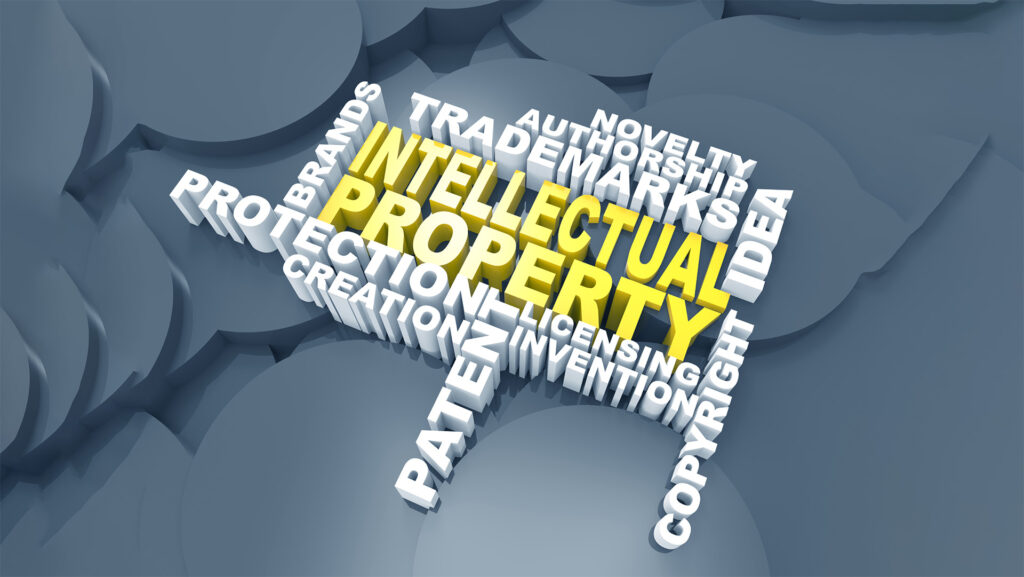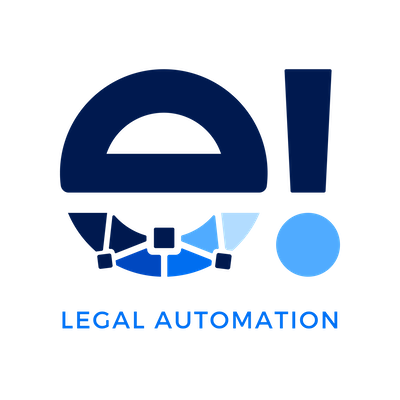Introduction to Generative AI in Legal Operations
Generative AI is transforming in-house legal operations by enhancing efficiency and creating complex documents, from contracts to briefs. This advancement promises productivity gains but also presents challenges in compliance, accuracy, and ethical considerations. Legal teams are tasked with carefully leveraging this technology, ensuring they maximize its benefits while mitigating potential risks. A proactive, innovative approach is essential, requiring a deep understanding of AI capabilities and strategic risk management, all while maintaining legal and ethical standards.
Adopting generative AI requires legal professionals to change their work approach, focusing on oversight. Emphasizing quality control is crucial to preventing errors with generative AI.
Additionally, it requires ongoing education and adaptation to new tools and methodologies, ensuring legal teams remain proficient at utilizing AI responsibly. Moreover, navigating the ethical implications and data privacy concerns associated with AI-generated content becomes paramount. As such, a comprehensive strategy that includes training, policy development, and ethical guidelines is crucial for integrating generative AI into legal practices effectively.
Ensuring Accuracy and Reliability of Generative AI Outputs
Ensuring the accuracy and reliability of generative AI-produced documents is a primary challenge for in-house legal teams. Despite AI’s advanced capabilities, there is a risk of inaccuracies or contextually inappropriate content. To mitigate this, legal teams must establish a multi-tiered review process, integrating AI’s efficiency with human expertise. This approach includes automated checks for common errors and in-depth reviews by professionals to capture the subtleties of legal language.
It is also vital to continuously update AI models with current legal standards and invest in training legal staff to manage AI outputs effectively, ensuring both accuracy and the practical application of AI in legal contexts.
Addressing these challenges requires a dynamic strategy where technology and human insight coexist. Legal professionals should not only focus on correcting errors but also on understanding the reasoning behind AI’s output to refine its future performance. Collaboration between AI developers and legal experts can lead to the creation of more sophisticated AI models that are aligned with the unique demands of legal document creation.
Furthermore, fostering a culture of continuous learning within legal teams can help them stay ahead of technological advancements, ensuring they can leverage AI effectively while maintaining the highest standards of legal accuracy and reliability.

Navigating Ethical and Compliance Risks
Generative AI introduces complex ethical and compliance considerations for in-house legal teams. The use of AI in legal processes raises questions about data privacy, bias, and the potential for misuse. Moreover, ensuring that AI-generated legal documents comply with current laws and regulations is a significant concern. To responsibly utilize generative AI technologies, legal departments must develop and adhere to robust ethical frameworks and compliance strategies.
Firstly, the legal departments must establish a clear set of ethical guidelines specific to AI use. Developers of AI technologies should ensure their guidelines cover data privacy, non-discrimination, transparency, and accountability to respect client confidentiality and avoid biased outcomes.
Compliance strategies should include regular audits of AI systems to ensure they meet legal standards and regulations. Legal teams must stay informed about the evolving legal landscape surrounding AI to adjust their practices accordingly. Implementing a governance structure that includes ethics and compliance officers can help oversee AI utilization. Moreover, it can help with ensuring ongoing alignment with ethical standards and legal requirements.
Training programs for legal staff on ethical AI use and compliance are also essential. These programs should cover the implications of AI in legal work, focusing on identifying and mitigating risks associated with AI-generated content and decision-making processes.
Lastly, legal departments should engage with AI developers to influence the creation of ethical AI systems. Legal professionals can shape AI technologies by offering insights into legal and ethical requirements. Their contribution ensures AI development aligns with societal values and legal norms.

Generative AI: Shaping the Future of Legal Jobs
The adoption of generative AI in legal operations also impacts employment within in-house legal teams. While AI can automate routine tasks, there is concern over the displacement of jobs. Additionally, the need for legal professionals to adapt to new roles that emphasize oversight and strategic use of AI.
The advent of generative AI is reshaping the legal employment landscape, prompting a shift in the skill sets required for legal professionals. To stay relevant in an AI-enhanced legal environment, legal teams must focus on developing skills that AI cannot replicate. Skills such as emotional intelligence, ethical judgment, and strategic thinking.
Emphasizing the importance of human insight in interpreting complex legal issues and client interactions becomes crucial. Legal professionals should also become proficient in managing and working alongside AI technologies. They shall gain an understanding of AI capabilities, limitations, and how they can be applied to augment traditional legal work.
Continuous learning and adaptation are key. Legal education and training programs need to incorporate AI literacy and data management skills to embrace these changes. That would allow legal teams to leverage AI to enhance their services while ensuring their roles evolve to meet the demands of a technology-driven legal sector. Thus, securing their indispensable value in the future.

Managing Intellectual Property Concerns with Generative AI
Intellectual property (IP) management becomes increasingly complex with generative AI in legal document creation. Determining the ownership of AI-generated content and protecting the IP rights related to these outputs are pressing issues for legal teams.
Managing intellectual property (IP) concerns in the context of generative AI involves navigating complex challenges, particularly around content ownership and copyright infringement. Legal departments must be vigilant in identifying and protecting IP rights amidst the proliferation of AI-generated content.
One approach is to establish clear policies and agreements that specify ownership rights when using AI tools for content creation. This includes setting terms for the use of proprietary data fed into AI systems and the output generated.
Additionally, legal teams should stay abreast of evolving IP laws and guidelines that pertain to AI technologies to ensure compliance and protect against infringement. Implementing regular intellectual Property audits and leveraging technology to monitor the unauthorized use of AI-generated content can further safeguard interests. By proactively managing these aspects, legal departments can navigate the complexities of AI and IP law, ensuring their interests are protected in the rapidly evolving digital landscape.
Conclusion: Embracing the Future with Preparedness
In facing the challenges of generative AI, in-house legal teams must prioritize preparedness. They should focus on strategies for ensuring accuracy, and ethical compliance, adapting employment practices, and managing IP concerns.
By understanding the potential pitfalls and developing robust frameworks for accuracy, compliance, ethical use, and IP management, legal departments can harness the power of generative AI. Therefore, enhance their operations while mitigating risks.
Developing human-AI collaboration skills is essential for staying innovative in the legal sector. Continuous education and ethical guidelines integration are key to navigating the new terrain. Legal departments must implement rigorous review processes to use AI effectively. They shall stay informed about evolving legal standards is crucial for leveraging AI without compromising ethics or quality.
Legal teams can turn challenges into opportunities by adopting a forward-looking approach. Proactively addressing AI integration complexities transforms potential issues into advantages. Meanwhile, safeguarding interests and upholding standards, to stay ahead in legal industry innovation. By ensuring innovation leadership, they can protect their interests and maintain professional excellence






